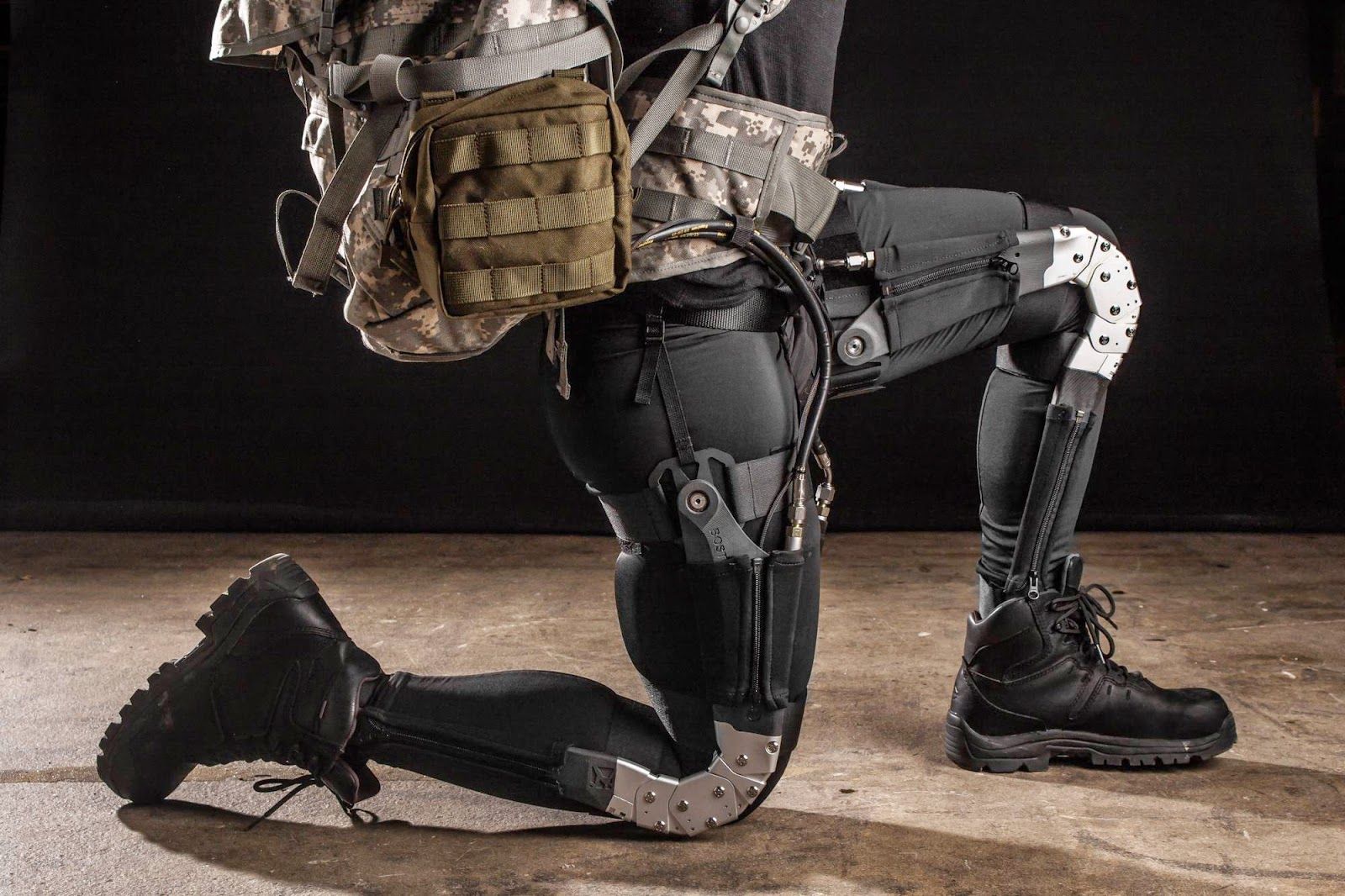Michael Maiello — Daily Beast On Tuesday in the United Kingdom, United States law enforcement arrested futures trader Navinder Singh Sarao and froze more than $7 million of his assets in banks around the world. The Department of Justice says that Singh manipulated commodities markets and partially caused the May 6, 2010, “Flash Crash” that sent the Dow Jones Industrial Average plunging 1,000 points in minutes.
On Tuesday in the United Kingdom, United States law enforcement arrested futures trader Navinder Singh Sarao and froze more than $7 million of his assets in banks around the world. The Department of Justice says that Singh manipulated commodities markets and partially caused the May 6, 2010, “Flash Crash” that sent the Dow Jones Industrial Average plunging 1,000 points in minutes.
Page 12125
May 6, 2015
Elon Musk Had a Deal to Sell Tesla to Google in 2013
Posted by Seb in category: business
Bloomberg Business — by Ashlee Vance
On May 8, 2013, Tesla Motors shocked just about everyone by posting its first-ever quarterly profit, reporting higher-than-expected demand for its Model S electric sedan. That moment marked the beginning of a turnaround for Elon Musk’s tumultuous automaker. The next year would see the Model S win most of the automotive industry’s major awards and Tesla’s share price rise roughly fivefold, to more than $200. The 2013 profit announcement was fortuitous. Just weeks before, Tesla had been on the verge of bankruptcy. Read more
May 6, 2015
Alex Jessup Detailed Future Soldier Concept Art and the real military TALOS and Warrior Web projects
Posted by Seb in category: military
Next Big Future

Operator Suit, or TALOS, project, according to an announcement from the company. With this latest award, Ekso will now have garnered $35 million in contracts in the four-phase project, the company said. Its Phase 2 work is expected to be completed later this year. Read more
Laura Bliss | CityLab

“Many of us are only dimly aware of how much water we use throughout the day. Last year, an Indiana University survey asked more than one thousand Americans to estimate the amount of water it takes to flush the toilet, wash clothes, and other kinds of normal household uses. On average, participants underestimated their use by a full factor of two.” Read more
May 5, 2015
Why 3D food printing is more than just a novelty; it’s the future of food
Posted by Seb in categories: 3D printing, food
Kyle Wiggers | Digital Trends

“The Star Trek replicator comes to mind when many people think about food synthesizers, but such a device would hardly be practical — a simple vegetable, like a tomato, would likely require tens of millions of different ingredient cartridges alone.” Read more
May 4, 2015
Study provides foundation for the future of digital higher education
Posted by Seb in category: education
Univ. of Texas | Phys.org

“The study supports previously published research that has found online learning to be equally or more effective than in-person instruction. The new study, however, delves further by examining the evolution of learning in digital spaces, including various approaches to credentialing and assessment beyond the traditional grading scale and diploma. Future technology structures that bear no resemblance to current learning management systems are described as part of the tool set for the 21st century education.”
May 4, 2015
No one knows at what Likelihood Black Holes will be produced in June at CERN
Posted by Otto E. Rössler in categories: existential risks, particle physics
But if so, it means the end of earth soon. This frequently published result is contradicted by no one in physics. The lobby just bets on the media remaining quiet.
It is ironic that so many physicists take their children hostage. This is because the media do not ask them why they are not afraid. For then they would start to stutter and their children would begin to ask questions. Even Stephen Hawking could no longer afford to skirt the issue.
The ultimate reason, of course, is Einstein. He alone can help. The “happiest thought of my life,” as he always said, has a further consequence (c-global). Ask your teachers about it. You will learn they have no idea. This is at the root of the problem: irrational dogmatism. Worse to date than in the middle ages because the consequences do not hurt a minority of women: this time around everyone is the victim.
The poor witches on the stakes probably foresaw it all since no one else had a closer look at the nature of human society. So only in Auschwitz later on, after the doors were closed. Please, do change your attitude, poor consensus-based society without a heart: Why not show the world that you love your children, my dear physicist colleagues? Do stand the trial that you are under in the face of a watching globe!
Continue reading “No one knows at what Likelihood Black Holes will be produced in June at CERN” »
David Auerbach | Slate

“Twitter’s strength is being the pulse of the Internet, the place where news gets broken in 140-character messages, where important topics start trending the second they enter the collective hivemind, and where politicians and celebrities and thinkers of all stripes can make announcements without the bother of a press release or the filter of the media. Yet this has always made Twitter Janus-faced: Is it a real-time news aggregator or a social network? More importantly, how will it make money?” Read more
The Economist

“The employment of drones for nefarious, or potentially nefarious, purposes thus seems to have begun in earnest. It is only a matter of time before somebody attempts to use a drone, perhaps carrying an explosive payload, to cause serious damage or injury. The question for the authorities is how to try to stop this happening.” Read more
May 3, 2015
At the Heart of Facebook’s Artificial Intelligence, Human Emotions
Posted by Seb in category: robotics/AI
Amir Mizroch | Wall Street Journal

“Facebook’s AI research is currently being used in image tagging, predicting which topics will trend, and face recognition. All of these services require algorithms to sift through vast amounts of data, like pictures, written messages, and video, to make calculated decisions about their content and context. Facebook has a big advantage over university campuses who have toiled for decades in the field. It can vacuum up the reams of data required to ‘teach’ machines to make correlations.” Read more








